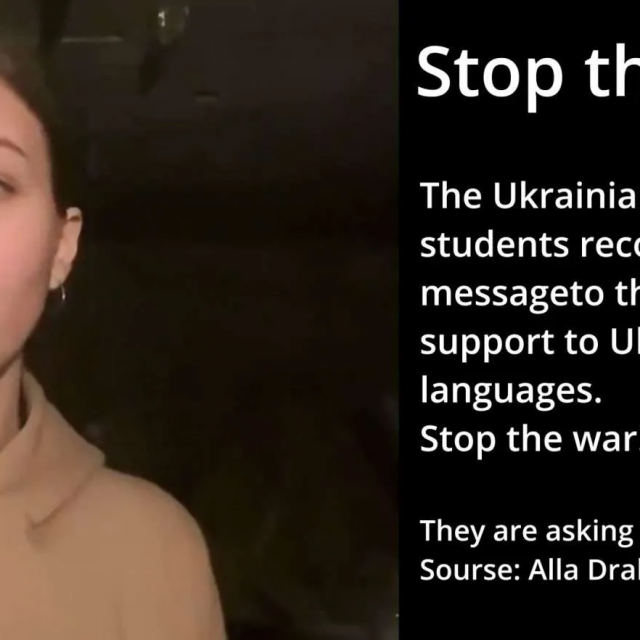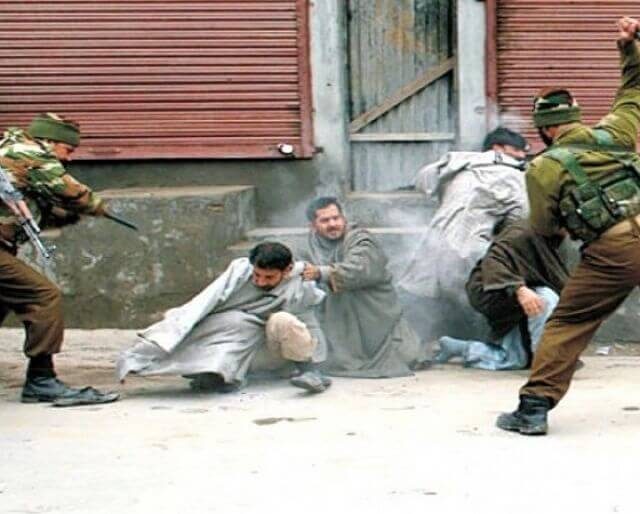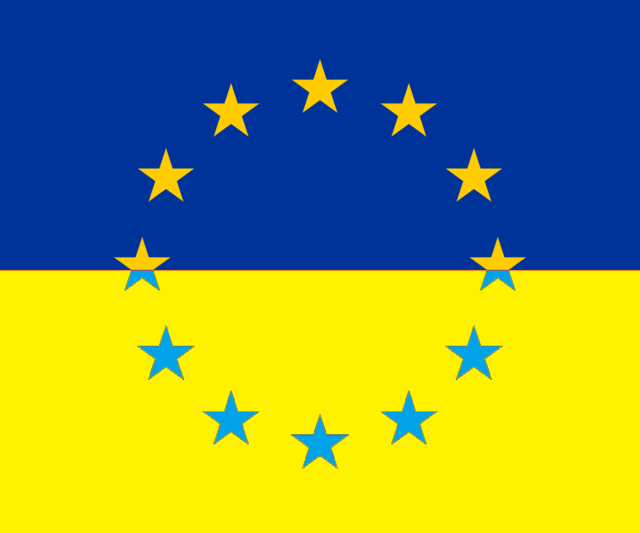Photo by Yaopey Yong on Unsplash
The Old Testament of the Christian Bible derives from the 24 books of the Hebrew Tanakh, transcribed by Jewish scholars around two thousand years ago. In Exodus were the words: “I will bring you to the land which I swore to give to Abraham, Isaac, and Jacob, and I will give it to you for a possession; I am the Lord.” It is difficult to negotiate with the word of God, when decreeing ownership of the promised land.
But Palestinians were legally promised some of the same land in the words of the agreed 1948 Partition Plan, though less than they had inhabited originally for over three thousand years. Around two of their six million population are now cramped in the small enclave of Gaza, controlled by the proscribed militant group Hamas whose core mission is the destruction of Israel. It is difficult to negotiate with someone determined to destroy you.
Israeli Finance Minister Bezalel Smotrich uttered the following words earlier this year: “There is no such thing as a Palestinian nation. There is no Palestinian history. There is no Palestinian language.” In the background was a map of “Israel” including the Occupied West Bank and parts of Jordan. Hardly helpful.
While the war of words continues, real war is now under way. The savage massacres by Hamas militants on Israeli settlements has catapulted the Middle East back onto the centre stage of unresolved world issues, and this was surely a key Hamas objective.
It could be argued this should have been foreseen. By unilaterally recognising Morocco’s sovereignty over the Western Sahara, President Trump paved the way for the Abraham Accords which opened the door to Israel and neighbouring Arab countries getting closer. His cack-handed unilateral decision to move the US embassy from Tel Aviv to Jerusalem was widely condemned as counter-productive. His withdrawal from the multi-national Treaty with Iran which had limited its powers to develop nuclear weapons (and labelled by Trump as the worst deal in history basically because he had not negotiated it) freed Iran to accelerate its nuclear programme as well as promote chaos in the region. All these events were pushing the issue of Palestinian rights further into the background. This does not remotely justify the appalling massacres of Israeli communities in the Occupied Territories, though it may help explain it.
It was an act of self-harm by Hamas militants in terms of the inevitable scale of Israel’s response which is devastating the whole Palestinian population. In the words of the African proverb: “when elephants collide it is the grass which gets trampled”.
But the issue of Palestinian rights is now again dominating the headlines alongside Israel’s right for security, and there have been massive pro-Palestinian demonstrations across the world. With Netanyahu’s embargo of humanitarian aid including water, fuel and food, perceptions are changing: Netanyahu is seen as hopeless, Israelis as heartless and Palestinians as helpless.
Now is the time to be guided by words in Acts of the Apostles: “He has made from one blood every nation of men to dwell on all the face of the earth.” We are all part of the same human race, but now in a real race against both time and hate to stop war crimes on both sides and further failures of leadership all round.
It is hard for two monologues to move to dialogue, but the alternative is violence from one side automatically attracting retaliation from the other. As George Bernard Shaw wrote in his play Caesar and Cleopatra: “And so throughout history does murder breed murder, war breed war – always in the name of right and honour and peace – until the Gods are tired of blood and create a race who will understand.”
Nadav Argaman, former Director of Shin Bet responsible for Israel’s Homeland Security, made a similar point earlier this year: “The right thing for the state of Israel to do now is to focus on the hope of the Palestinian youth. If people are able to learn and grow, we have the ability to gain time, until the moment a Leader will rise in the Palestinian Authority and a Leader will rise in Israel who will both know how to make the journey towards a resolution.”
UK Prime Minister Sunak agreed with Netanyahu that “Israel must win.” Winning against a terrorist group is understandable, but not if it leads to ongoing suppression of the whole Palestinian people. The problem of reconciling Israel’s right to exist and the Palestinians’ right to thrive also in its own state can ultimately only be settled by words not war.
Two nations need the same thing. Two nearly identical words define it: the Hebrew Shalom and Arabic Salaam both mean peace and security. Time for these words to determine the future agenda – for Palestinians and Israelis.




